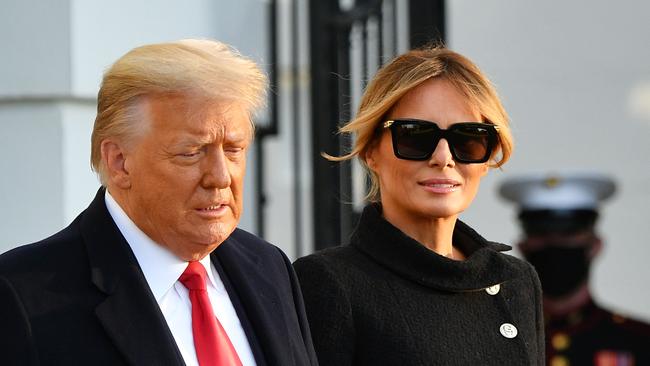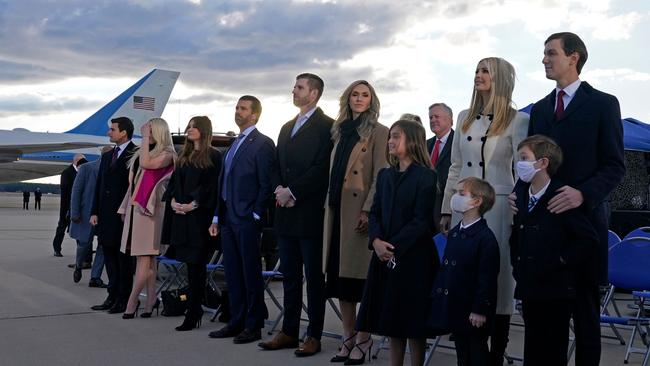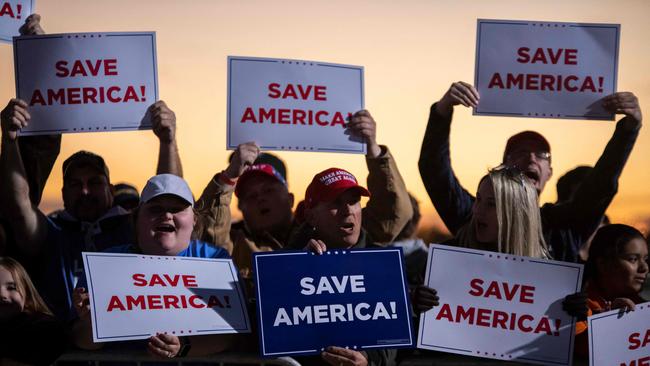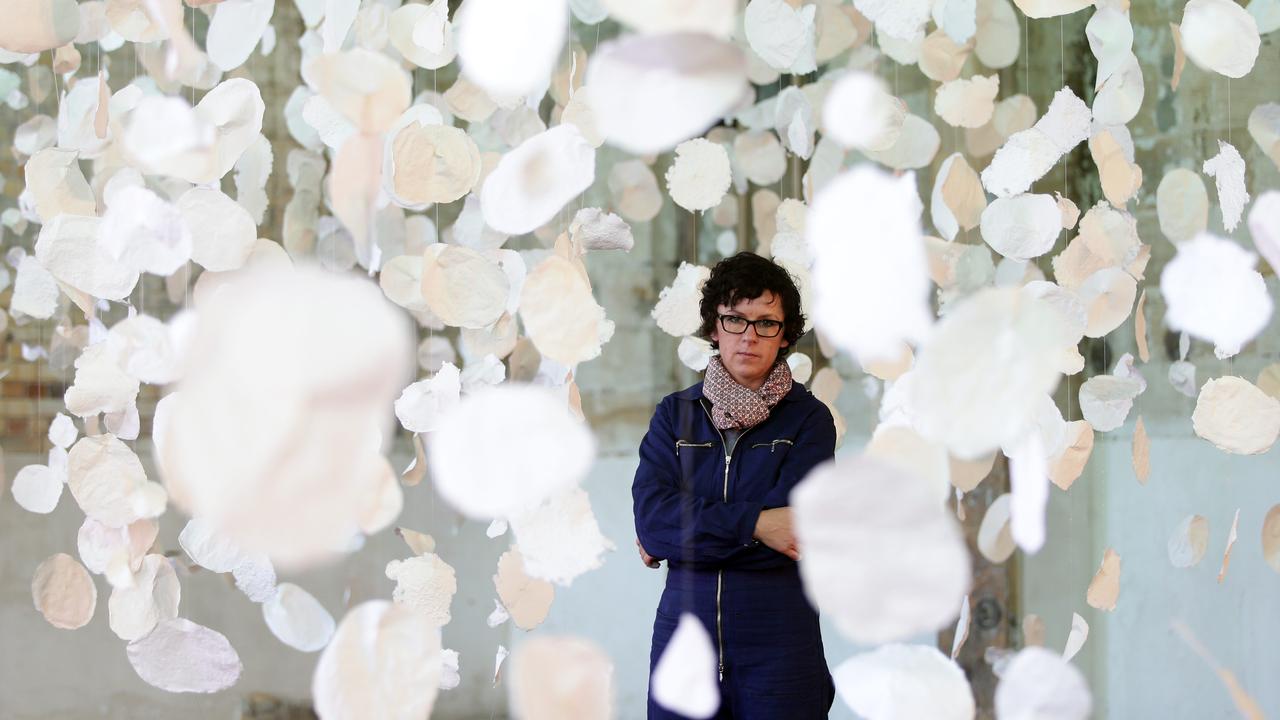The Big Cheat: Trump’s litany of lies becomes a bit boring
The sheer audacity of his money-making is quite something. But on his alleged financial misdeeds, what are we supposed to be? Surprised?

To describe this book as mind-bendingly dull is not necessarily to criticise it. After all, Donald Trump did indeed tell lie after lie about crowd size, brain size, penis size (the hands, remember?). But on and on The Big Cheat by David Cay Johnston goes about these lies, and Trump’s alleged financial misdeeds, expecting the reader to be … well, what? Surprised? Annoyed? Or just plain bored, as I increasingly was.
By the time we get to an Indonesian politician who described himself as his country’s Trump, buying for an inflated sum the Los Angeles house where Trump was accused of bonking Stormy Daniels, apparently to gain US benefits for a development he was involved with and which was partly financed by China, we lose if not the plot, then at least the will to live. Never did I think, “This all seems kosher,” but never did I think, “Wow. Now I know why he should never be president again.” It’s like being battered with a wet fish: you want it to stop, the smell is awful, but there is no killer blow.
To be clear: the smell is indeed awful beyond anything any other democratic society has experienced in modern times. The sheer audacity of Trump’s money-making is quite something. Johnston – a Pulitzer Prize-winning investigative reporter and author of two previous bestsellers, The Making of Donald Trump and It’s Even Worse Than You Think, who has also worked as a consultant for the Netflix series House of Cards – claims that just one measure, the Trump tax changes, would have benefited Mr and Mrs Trump by $16m a year. Of course, Trump claimed the changes would make him worse off.
If that doesn’t impress: five charity golf tournaments are said to have collected Trump just short of a million dollars. They were staged at his Westchester golf course by his son Eric, who raised money from donors and gave stonking amounts of it to his father, we are told.
But even that was not enough. Trump’s charity foundation is alleged to have given money to the son’s charity, which then spent it at the golf. So money raised from donors for a Trump charity was funnelled through another charity and into the pockets of the boss. As Forbes magazine remarked at the time: “The manoeuvre would appear to have more in common with a drug cartel’s money-laundering operation than a charity’s best practices textbook.”

All of this is worth telling, but Johnston mixes in some deeply illegal stuff, about favours done while in office for personal gain, with flannel that really doesn’t matter. He begins with the Trump presidential-bid launch taking place in front of paid actors. It is true that Trump’s campaign manager, Corey Lewandowski, lied about the payments. The campaign (typically) did not pay the company that recruited the actors for many months and almost certainly broke federal campaign regulations by not fessing up.
But who cares? We have come a long way since then. And only this year the US vice president, Kamala Harris, used child actors for a toe-curling video about space exploration. I cannot summon the energy to be that outraged about the 50 bucks paid to each of the fake supporters at the Trump do.
Calling it, as Johnston does, “the foundational lie” gives it a spurious unwarranted significance. The bigger problem with the book is what passes for political analysis. We are told that Trump invited to his rallies people who were so angry over their circumstances that they wanted to “join his assault on America”. “Those Trump attracted wanted people of colour, women and minorities to know their places as second-class citizens.” They found, we are told, “a way to express the desire of many to Make America White Again”.
This is jejune at best. Sure, plenty of Trump supporters are unpleasant, racist, deranged people, but plenty who backed him in 2016 were none of these things. Nor were they stupid. About 10 per cent had voted for Obama four years earlier. His voters had thought this through. They saw that all the nice things in America were being harvested and held on to by an elite of country-club Republicans and the Facebook/Uber/Google class of Democrats. Trump offered (falsely, it turned out) another way. If you read White Working Class by Joan Williams you get a far better picture of the motivation of the Trump 2016 voter.
And talking of those tech companies, it is of course widely claimed that much of the Trump legacy of distrust and societal dysfunction comes as much from them as from him. We know now – courtesy of the Facebook whistleblower Frances Haugen – that people in the organisation could see in real time the preparations being made for the assault on Congress, but did little or nothing about it. I would have liked less in this book of the outrage at Trump and more about his facilitators who only at the end, when the damage had been done, threw him off their platforms.

There is another problem, which is not Johnston’s fault. The New York University-based media commentator Jay Rosen wrote recently about the limitations of this kind of detailing-of-sins journalism or authorship. He quoted Walter Lippmann, writing in 1922: “The press is no substitute for institutions. It is like the beam of a searchlight that moves restlessly about, bringing one episode and then another out of darkness and into vision.”
So when we are told by The Washington Post that 18,000 false or misleading claims were made by Trump in 1170 days, this is important, but it is not enough. A fixing of institutions needs to happen too; simply bringing sunlight and exposure to wrongdoing is not enough. As Rosen tweeted: “Democracy can die in broad daylight too. I doubt that Donald Trump can be further exposed, even though we need journalists to keep digging. A pandemic compounded by deliberate misrule doesn’t need to come to light. It has been revealed. Now we have to work on believing it.”
This is the challenge for readers of The Big Cheat. And to be fair, that is a challenge the author recognises: “Instead of acting like renters or, worse, squatters, we need to behave as what we are: owners of our government.”
He is not wrong. His book, flawed as it is, will be a useful aid to historians, but reading about Trump’s fakery only gets America so far. It is the easy bit. The US is broken, vulnerable and in need of fixing. They like self-help books, so enough of the Trump horror show. How to fix America? That’s the book I want to read now.
Justin Webb is a British journalist who writes for The Times and presents on BBC Radio 4.
The Big Cheat: How Donald Trump Fleeced America and Enriched Himself and His Family


